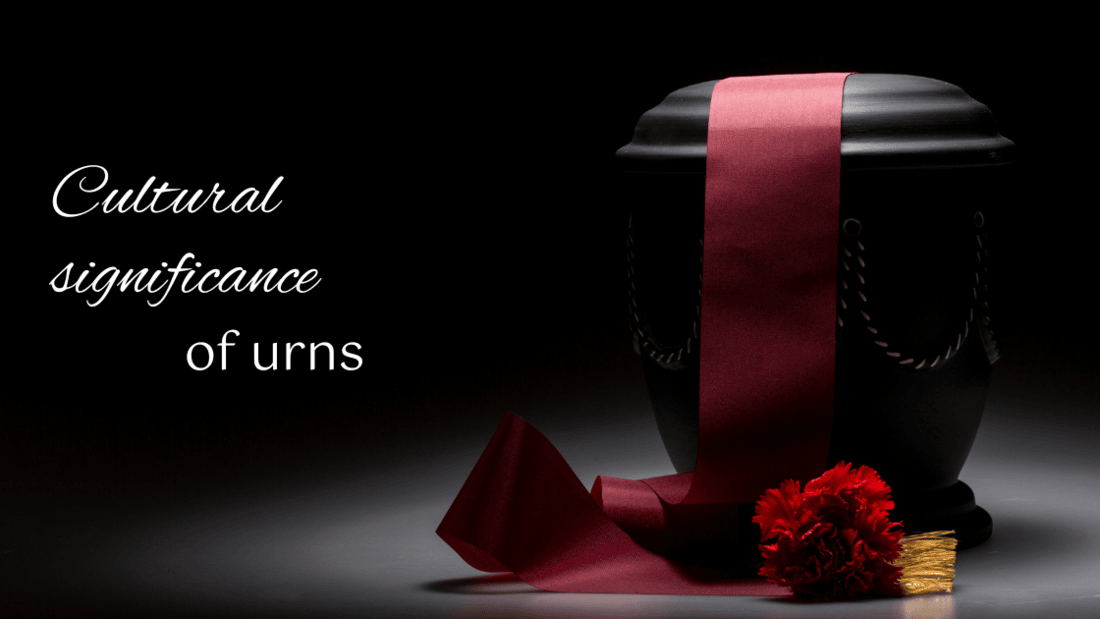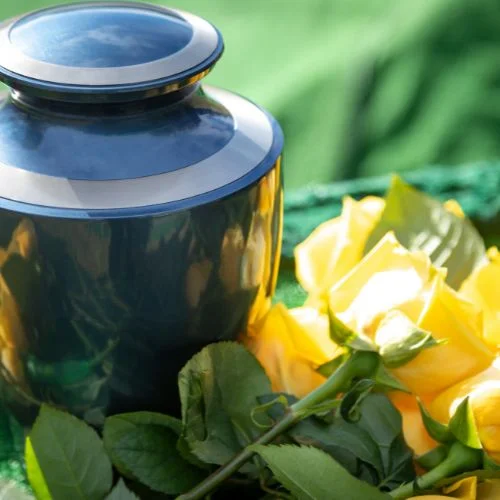
Cremation urns hold different meanings across cultures and traditions. Many families choose urns that reflect their heritage or religious beliefs, ensuring that their loved one’s memory is honoured in a way that aligns with family traditions. Hence, their significance is substantial.

More about Cultural Urn Traditions
- Asian Cultures – Many Asian traditions incorporate elaborate urn designs with symbolic carvings and gold accents. In some cultures, cremation urns are placed in family temples or ancestral altars.
- European Traditions – Marble and stone urns are popular choices in European memorial practices, often displayed in family crypts or mausoleums.
- Indigenous Tribes – Some indigenous cultures use handcrafted urns made from natural elements like wood or clay, preserving the deep spiritual connection to nature and ancestry.
- Hindu and Buddhist Traditions – Cremation is a common practice in Hinduism and Buddhism, where ashes are traditionally scattered in sacred rivers or locations of religious significance.
- Western Memorialization – In many Western societies, urns are commonly displayed in homes, interred in cemeteries, or placed in columbariums.
Choosing a Culturally Significant Urn
Understanding cultural customs can help families choose an urn that respects and honours their traditions. When selecting a cremation urn, consider:
- Symbolism – Many cultures incorporate symbols such as lotus flowers, doves, religious texts, or family crests.
- Material – Some traditions favour natural materials, while others prefer ornate metal or stone designs.
- Placement – Different cultures have distinct customs regarding where urns should be kept or interred.
So, if you would like to know more about the significance of urns – our team at Swanborough Funerals can help. We provide a variety of cremation urns to meet different preferences and budgets. If you need assistance in selecting the perfect urn that aligns with cultural traditions, contact us at Swanborough Funerals.
 "/>
"/>
